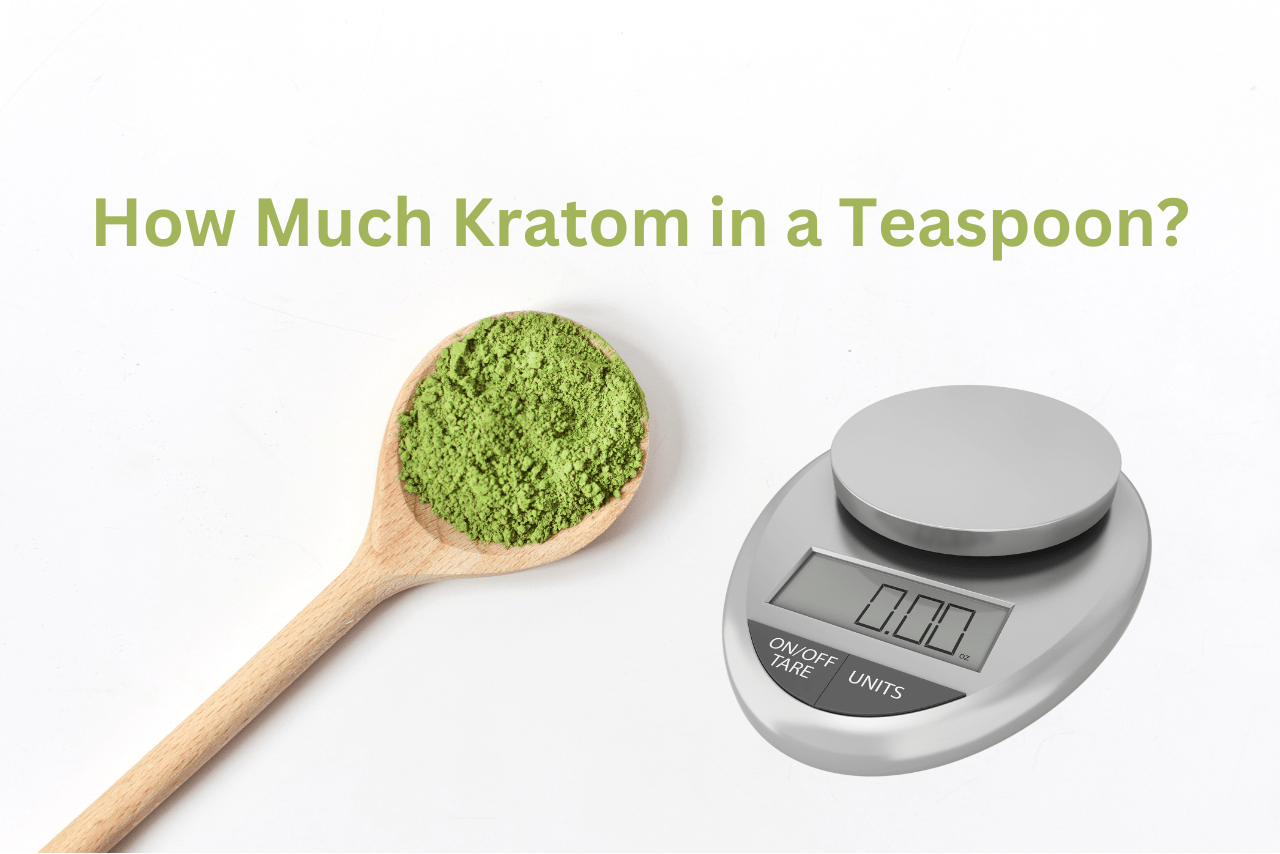Contents
The Truth About Kratom and Constipation: Side Effects, Causes, and Solutions
- Written by Sagar
- Updated on April 23, 2025
- Published on
- Kratom Legal Status
TL;DR
Curious about kratom and its effects on digestion? While kratom offers many benefits, constipation is a common side effect due to its alkaloids slowing down intestinal movement. To manage this, stay hydrated, incorporate fiber-rich foods, and engage in gentle exercises like walking. Understanding how kratom interacts with your digestive system can help you make informed choices and maintain a healthy gut. Dive into the details to learn how to enjoy kratom while minimizing digestive issues!
Table of Contents:
- Kratom and Constipation
- How Kratom Works
- Digestive System
- Kratom Constipation Relief
- Conclusion
- FAQ
So you’ve wondered about the side effects of kratom? Well constipation is probably on your mind. Many use kratom for its benefits but you should know the drawbacks too. One common question is does kratom cause constipation.
When looking into the effects of kratom on the body you should consider everything, including potential gastrointestinal issues like constipation. Knowing how kratom affects your digestive system will help you make informed decisions about its use. So if you want to know if kratom causes constipation and want to learn more about this side effect, read on.
Kratom and Constipation
Kratom is a plant from Southeast Asia that has become a natural remedy for many conditions. But one potential side effect that people may experience when using kratom is constipation. This happens when kratom alkaloids interact with the digestive system.
When you take kratom its alkaloids bind to opioid receptors in the digestive tract. This slows down the movement of food in the intestines and can cause constipation. Be aware of this if you’re planning to use kratom for its benefits.
If you experience constipation while using kratom there are things you can do to alleviate it. Drink more water and include fiber rich foods in your diet to help with regular bowel movements. Gentle physical activity like walking can also help with digestion.
By knowing the connection between kratom and constipation you can make informed decisions about its use and take steps to manage digestive issues.
How Kratom Works
Looking into how kratom affects your body will help you understand why it can cause constipation. Kratom has alkaloids that bind to opioid receptors in your digestive system. This binding slows down the movement of food in your intestines and affects bowel movements and can cause constipation.
Knowing this mechanism is important when considering using kratom for its benefits. By knowing how kratom affects your digestive tract you can make more informed decisions about its use and prepare for side effects like constipation.
Knowing how kratom affects your body allows you to take steps to manage digestive issues. By drinking more water, including fiber rich foods in your diet and gentle physical activity you can help with constipation caused by kratom.
Kratom and Digestive System
Kratom can affect the digestive system and cause constipation. Knowing the factors that contribute to this is important if you’re planning to use kratom.
Factors that Cause Constipation
When you take kratom:
- Alkaloids binding to Opioid Receptors: Kratom’s alkaloids can bind to opioid receptors in the digestive tract and slow down the movement of food.
- Reduced Peristalsis: Kratom’s effect on the body can reduce the rhythmic contractions of the intestines (peristalsis) which can cause constipation.
- Dehydration: Kratom is a diuretic and if not enough water is consumed can cause dehydration.
- Lack of Fiber: A low fiber diet can worsen constipation and if not addressed can be made worse by kratom use.
- Sedative Effects: Kratom’s sedative properties can also slow down digestion and can cause constipation.
Knowing these factors will help you understand how kratom can affect your digestive system and cause constipation.
How to Alleviate Constipation from Kratom
To alleviate constipation from kratom use there are several ways to do so. By doing these habits you can manage digestive issues from kratom consumption.
Drink More Water
Hydration is key to healthy bowel function. When using kratom make sure to stay hydrated throughout the day. Drinking enough water will soften the stool making it easier to pass and reduce constipation.
Fiber Rich Foods
Including fiber rich foods in your diet can help with regular bowel movements and prevent constipation. Fruits, vegetables, whole grains and legumes are good sources of fiber that can help with digestion. By including these in your meals you can support your gut and minimize constipation issues.
Gentle Physical Activity
Exercise can stimulate bowel function and help with constipation. Gentle physical activities like walking, yoga or light exercises can help with digestion and reduce constipation. Make it a habit to move your body daily to support overall digestive health.
By following these tips you can prevent constipation from kratom and have a healthy digestive system. Including these in your daily routine will help you make better decisions about your kratom use and manage digestive issues.
Conclusion
Knowing the side effects of kratom especially constipation is important when using kratom. Kratom’s alkaloids can affect bowel movement and cause digestive issues. Reduced peristalsis, dehydration and lack of fiber can worsen constipation.
To counteract these effects drink more water, eat fiber rich foods and stay physically active. By doing these you can manage constipation from kratom use. Stay informed, prioritize your digestive health and make smart decisions when adding kratom to your daily routine.
Frequently Asked Questions
What are the side effects of kratom?
Kratom causes constipation because its alkaloids binds to opioid receptors in the digestive tract and slows down food movement.
How does kratom affect bowel movement?
Kratom’s alkaloids can reduce peristalsis and cause constipation. Dehydration, lack of fiber and sedative effects can worsen it.
How to alleviate constipation from kratom?
Drink more water, eat fiber rich foods and gentle physical activity.




